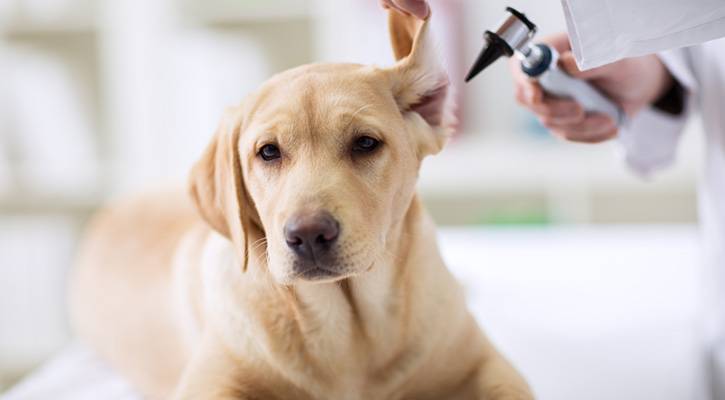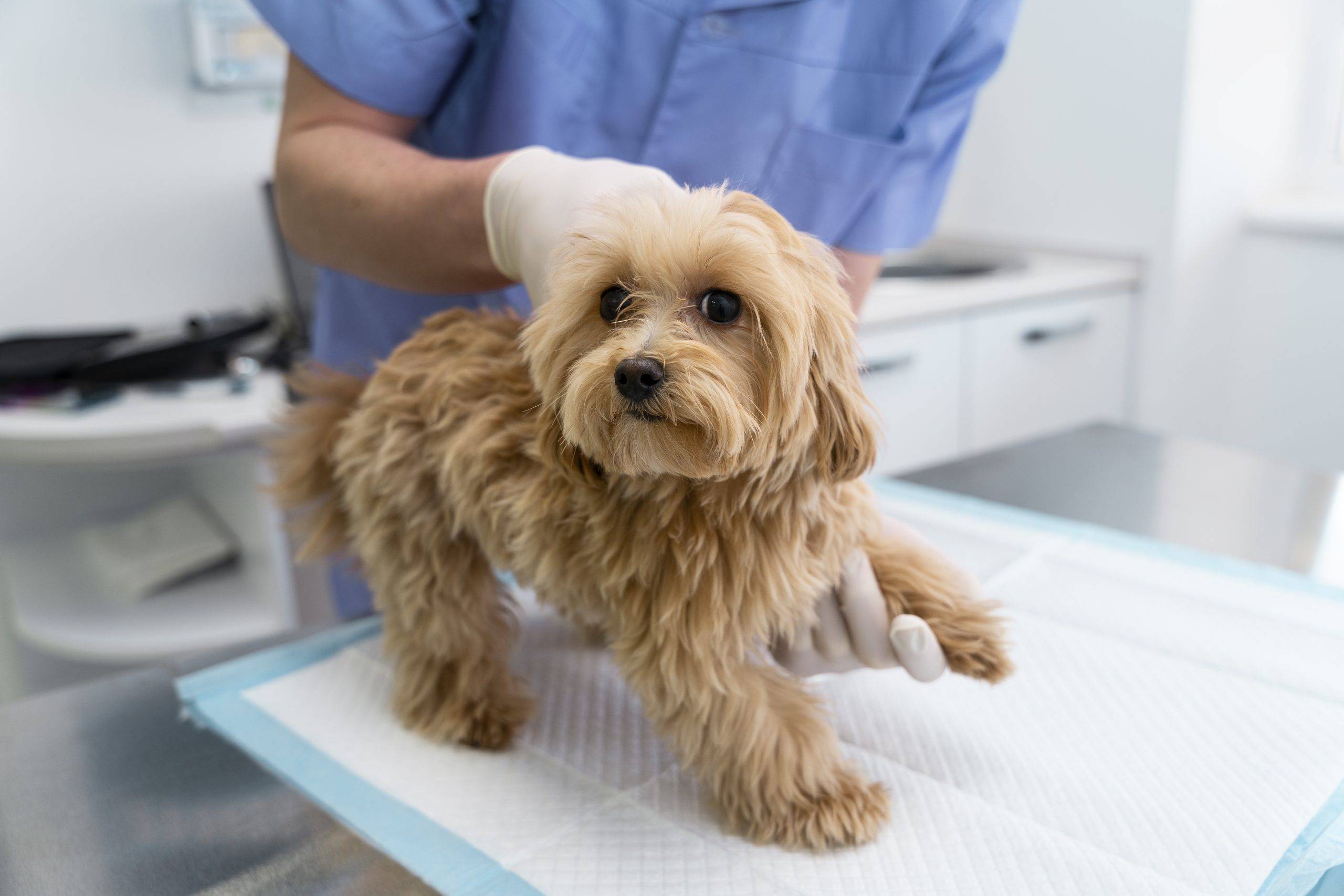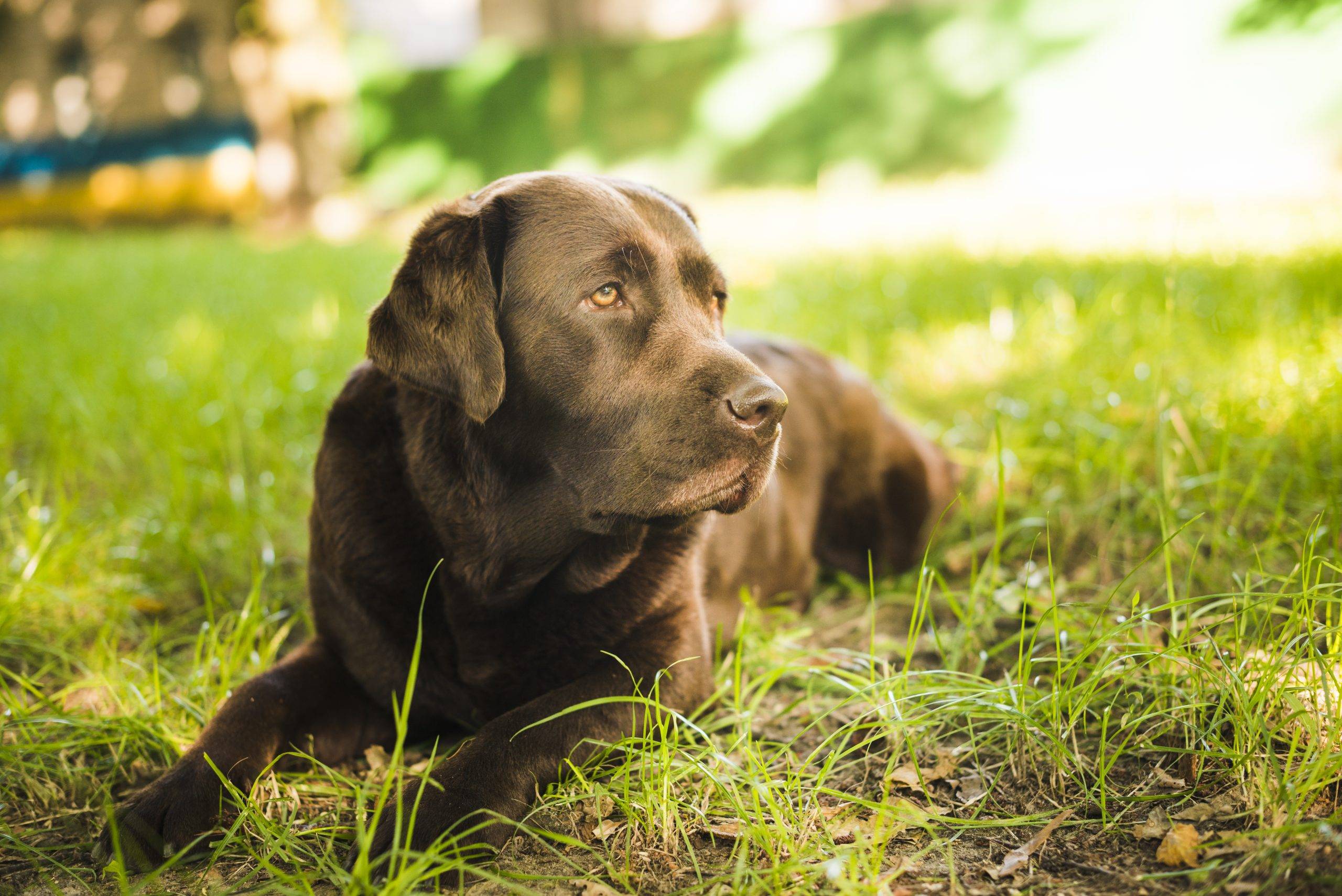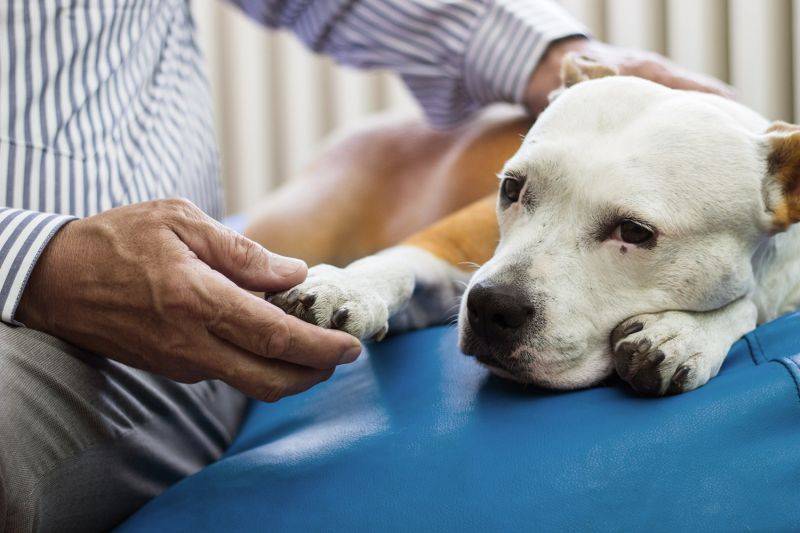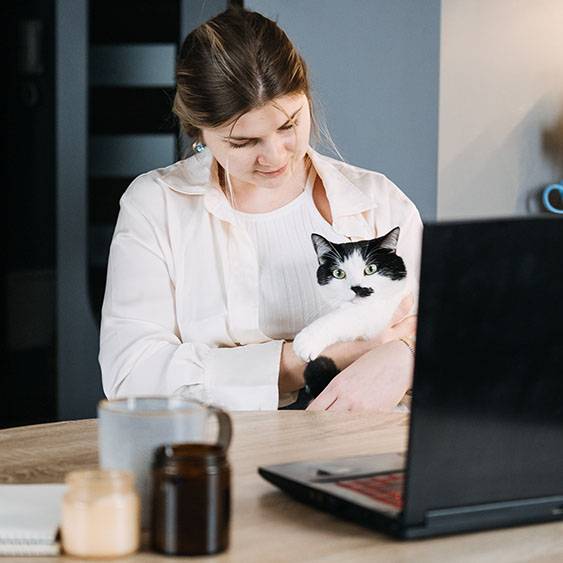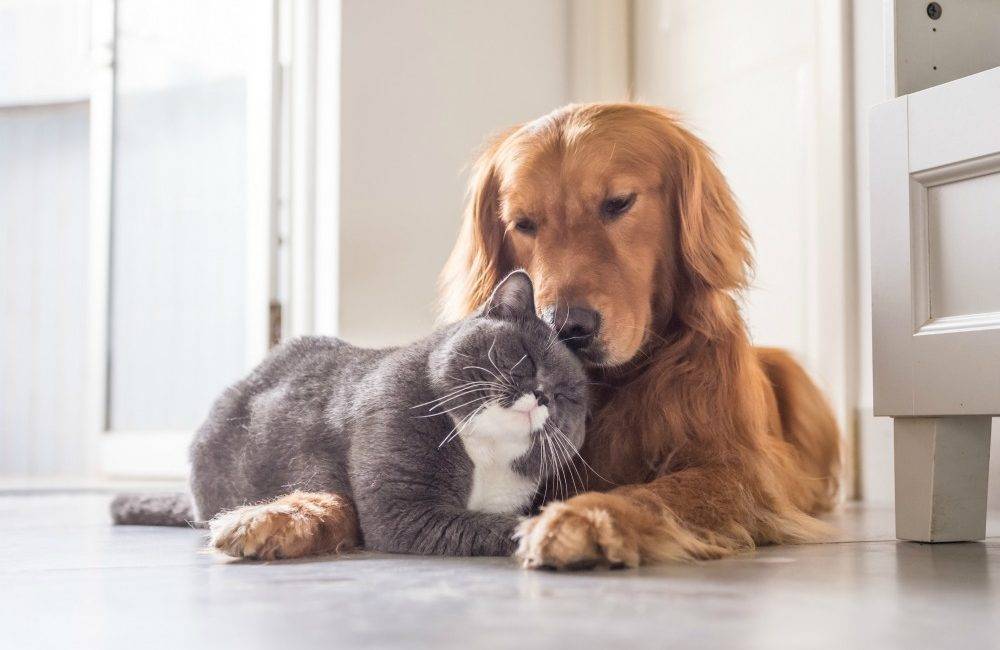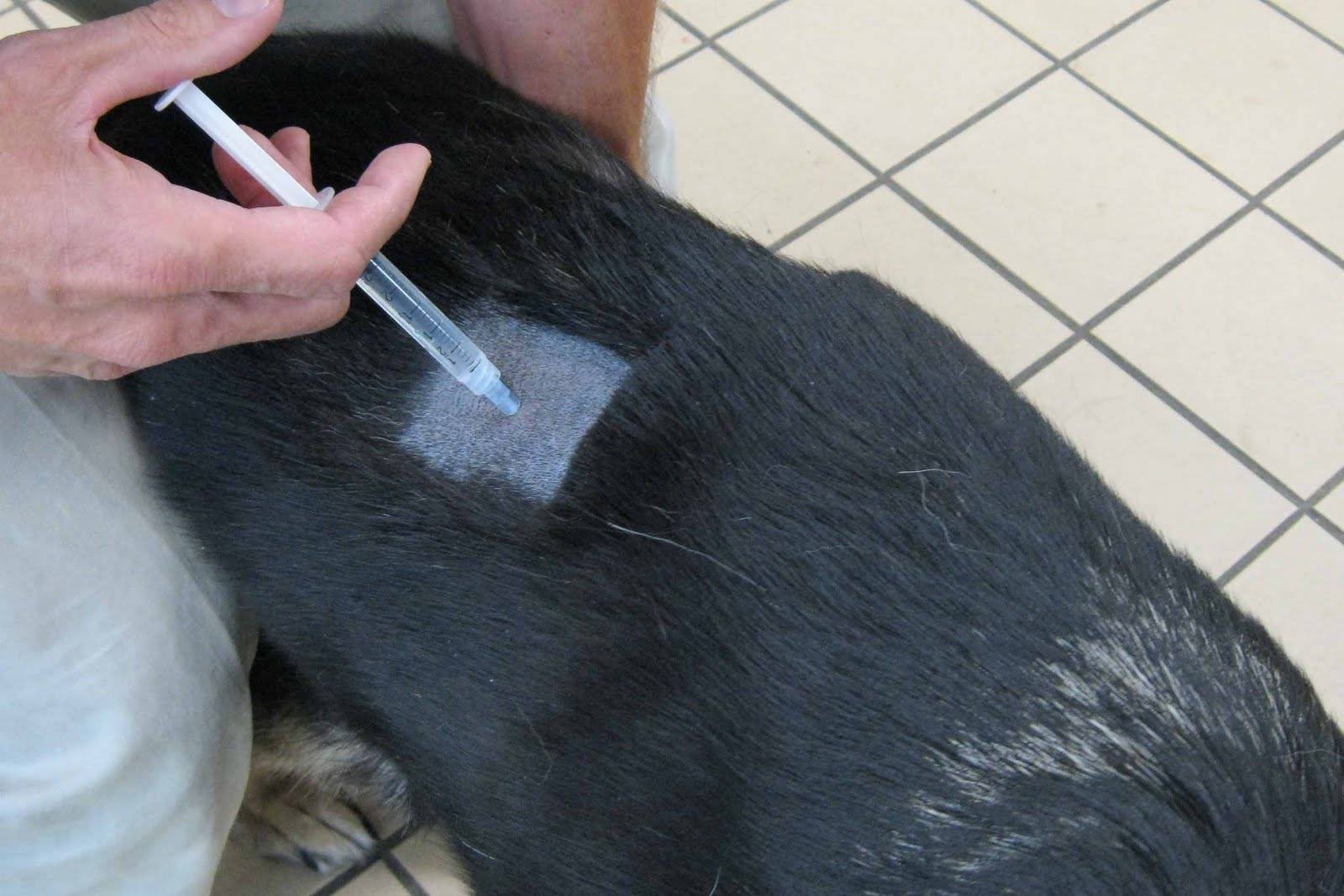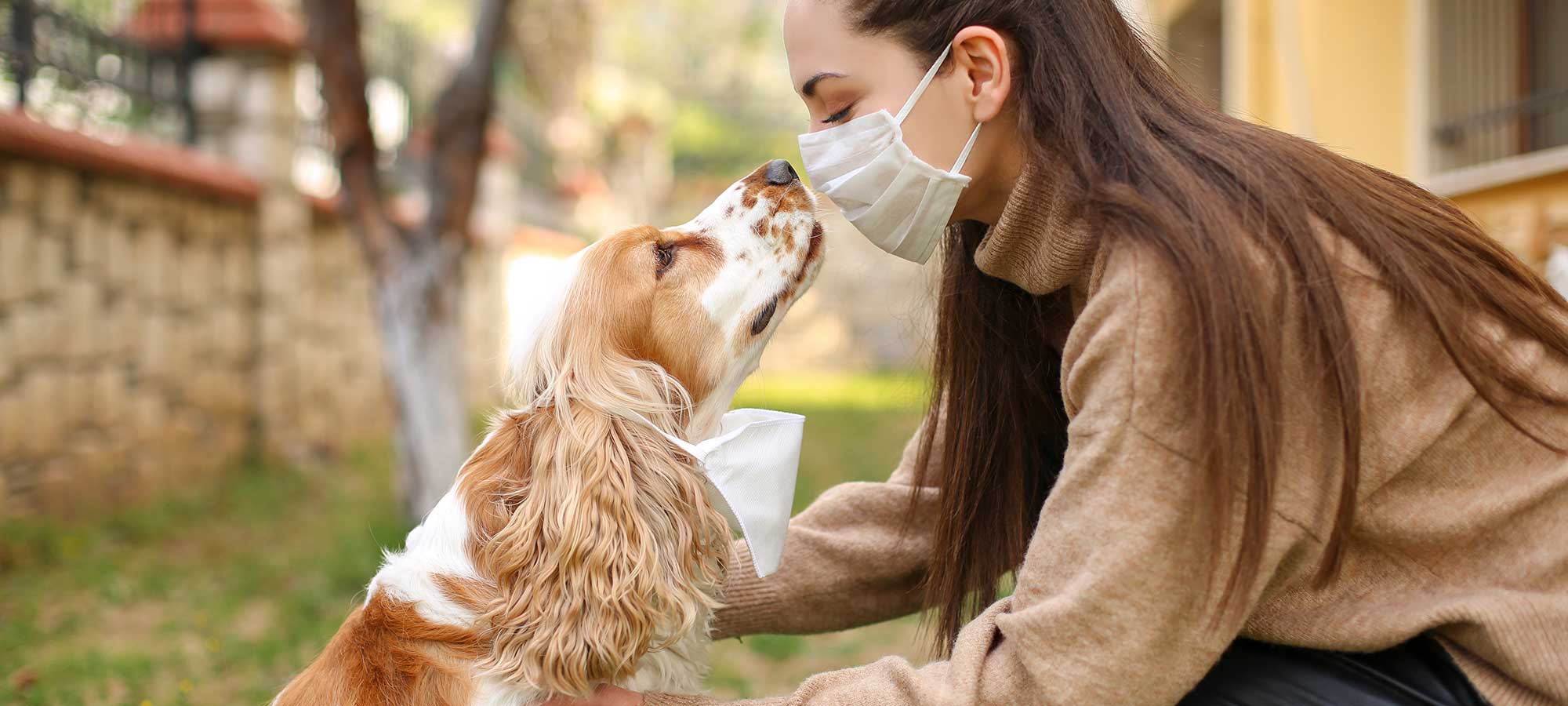As your furry companions age, they require specialized care to maintain their health, comfort, and overall well-being. Senior dogs may face various health challenges, making it crucial for pet owners to adopt a care routine that can accommodate their pet’s changing needs. Senior pet care is all about enhancing the golden years of your pet with love, affection, and exceptional care.
How old is a Senior Dog?
The term senior varies depending on the species and size of the pet. Unlike other animals, dogs don’t have a universal age of seniority because of their diverse species, size, and breed.
Small dogs, such as Chihuahuas and Dachshunds, tend to have a longer lifespan and are considered seniors at around 11 years of age. Medium- and large-sized breed dogs reach senior status at the age of 7. In contrast, giant breed dogs have a much shorter lifespan and may be classified as seniors as early as 5-6 years of age.
Your dog’s veterinarian will ensure an estimated life span and corresponding life stages after completing a full exam. It is crucial to recognize the seniority of your pet because their needs are different from those of puppies and adult dogs. For instance, your senior pet may need more frequent veterinary visits to cope with prevailing health issues. Moreover, their dietary needs change, and they may require medications or supplements on a regular basis to manage pre-existing conditions.
Major Health Issues in Senior Dogs
As a responsible pet owner, it’s your utmost duty to understand these signs and adjust your pet care routine accordingly, ensuring that their pets remain comfortable and content during their golden age.
Some major issues that are prevalent during the golden years of your pets include:
- Arthritis
- Deafness
- Kidney disease
- Cognitive disorders
- Intestinal problems
- Prostate disease
- Dental disease
- Diabetes mellitus
- Cancer (especially testicular or breast cancer)
- Liver disease
- Vision problems
Tips to Care for Your Senior Dog
During their golden years, it is important to provide your pets with a routine that gives them familiarity and makes them feel secure. This routine should include feeding them and giving them potty breaks at the same time each day, keeping daily activities predictable, and sticking to a consistent bedtime. It’s good to remember that they need extensive care and protection as their organs wear out faster. Here are some things to keep in mind when you’re caring for an older dog:
1. Schedule Regular Wellness Exams
Regular wellness examination is crucial for the well-being of your pet. Since their health status can change rapidly, it is important for a veterinarian to assess your pet every six months.
Regular checkups help vets to determine the state of your dog’s health and longevity. With a focus on early detection of any prevailing diseases, vets typically check a dog’s body for tumors, signs of pain, or arthritis. In addition, your vet will assess your dog’s overall appearance and body condition, scanning his eyes, ears, nose, and mouth for irregularities as well as listening to his lungs and heart.
2. Get Timely Vaccination
Getting timely vaccinations for your senior pet is also a proactive and essential step in maintaining their health. Senior pets will receive most vaccines every three years. Vaccinations secure your pet from life-threatening diseases like distemper, parvovirus, and canine hepatitis. Some vaccines with shorter duration of immunity, such as kennel dog cough, leptospirosis, or Lyme disease vaccines, may be given every six to twelve months.
3. Keeping your older dog comfortable
Unlike their younger days, your senior pets can’t get comfy curled up on the floor. The hard surfaces are unforgiving, or the couch might be too far to jump. It’s getting hard for them to navigate their environment. Older dogs may need more rest. Provide them with soft, cozy beds, somewhere quiet where they won’t be disturbed.
4. Provide Appropriate Exercise
Mobility issues, stiff joints, or declining health conditions mean the things they once did with ease are challenging now. But your senior dogs still want to play games, get exercise, and go out to enjoy the world every day. It’s important to keep up their strength and muscle tone. Keeping your pet active also helps maintain healthy body weight, keeping them limber and reducing the chances of obesity and its related problems.
5. Adjust Your Dog’s Nutrition
Nutritional requirements vary with age. Senior pets have different nutritional requirements than other phases of life. As senior dogs are less active, they need fewer calories. Avoid overfeeding as it may lead to obesity, which burdens aging joints. If your pet is suffering from any health-related issues, your veterinarian can provide the best diet recommendations based on your dog’s unique health needs.
6. Accommodate Your Dog’s Changing Needs
You need to accommodate your pet’s changing needs. Older dogs can’t regulate their body temperature as well as they could in their younger days. You need to keep your dog warm, dry, and indoors when he’s not out getting his exercise. If your pet is suffering from vision loss, it’s a good idea to ease his anxiety by keeping floors clear. Or if the pet is suffering from arthritis, walking a ramp will be preferable instead of climbing up stairs. The idea is nothing more than the comfort of your pet.
7. Consistently Monitor Your Senior Dog’s Health
Aging is a gradual process that exhibits its definite signs over the health of your beloved pet. Lower energy levels, changes in sleep patterns, a reduction in sensory functions such as hearing and vision, and alterations in coat quality are common traits related to aging. Joint stiffness and reluctance to engage in physical activities they once enjoyed are also prominent pointers of aging.
To Sum Up
Providing exceptional care for your senior canine companions is a fulfilling responsibility. As your pets enter their golden age, as a responsible pet owner, you need to understand their changing needs and adapt routines accordingly. It’s imperative to be vigilant for the signs of aging. From regular wellness examinations to timely vaccination for your senior dogs, every aspect of pet care plays a vital role in enhancing their quality of life.

